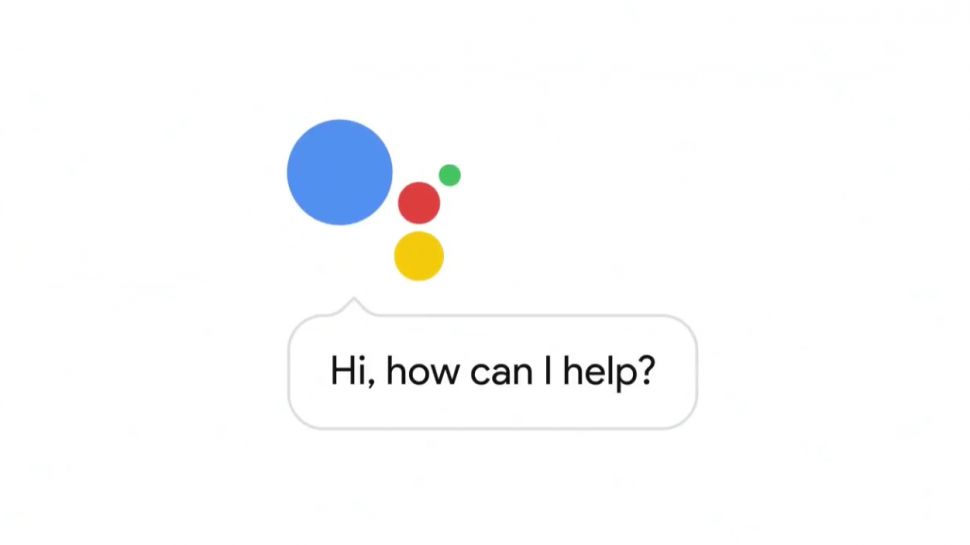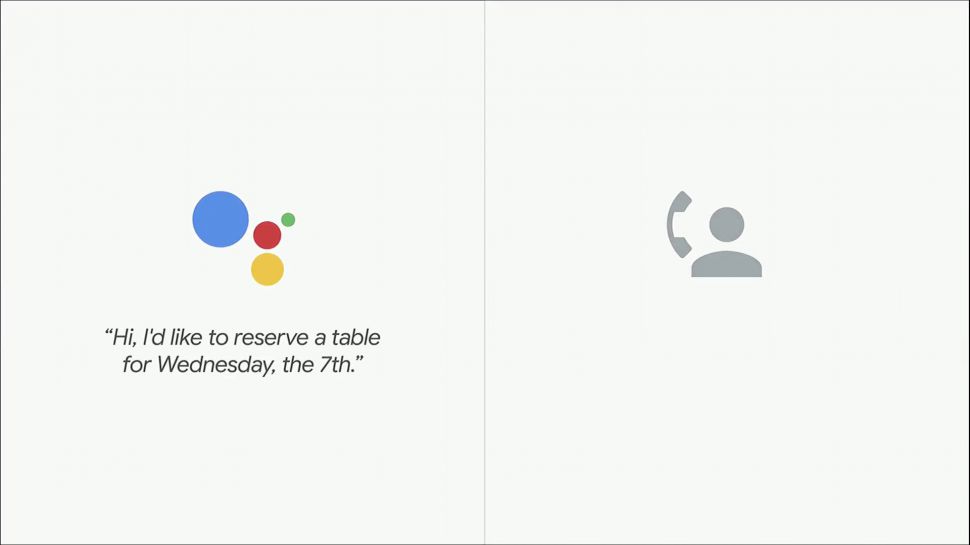Google Assistant has a real human backstory (and she loves kayaking)
Cute or uncanny?

Sign up for breaking news, reviews, opinion, top tech deals, and more.
You are now subscribed
Your newsletter sign-up was successful
She’s the youngest daughter of college-educated parents, she’s got roughly 500 million friends across the world, and chances are she's sitting in your pocket right now.
Google Assistant is arguably the smartest voice-activated assistant on the planet, with multilingual capabilities, natural speech patterns, and the power of the world's most widely used search engine, working away behind the scenes to give you accurate and swift responses to your queries.
One of the reasons the assistant is so popular is the natural way it interacts with its users – something Google has worked hard to get right.
In an interview with The Atlantic, Google's lead conversation and persona designer James Giangola described how giving Google Assistant a tangible biography provided the voice assistant with a personality, without making her creepily lifelike.
She’s a winner baby
So what do we know about the life of Google Assistant? Well, for starters she has a family, as Giangola told The Atlantic: “She’s the youngest daughter of a research librarian and a physics professor who has a B.A in Art History from Northwestern”. You can see where she gets her smarts from.
Not only that, but Giangola also gave an insight into her synthetic childhood, saying that “she won $10,000 on Jeopardy: Kids Edition”, and that she used to “work as a personal assistant to a very popular late-night-TV satirical pundit”.
So why bother going into such detail with the voice assistant’s backstory? Namely, it’s one of the things Google says it's doing to make her user interactions seem so natural – although this hasn’t always worked for the tech giant in the past.
Sign up for breaking news, reviews, opinion, top tech deals, and more.
Enter the uncanny valley
Google’s soon-to-be-released voice assistant Duplex uses artificial intelligence to make real phone calls on the user’s behalf, with a focus on restaurant reservations and other bookings – but it came under fire for sounding too lifelike, peppering its speech with ‘umms’ and ‘ahhs’.
The technology, which will become available for Pixel users in a select few cities next month, was updated to include a disclaimer at the start of each call which tells the recipient that they're speaking to Duplex, not a real person.
Although we don’t know much more about Duplex at this stage, what is clear is that tech companies have to carefully tread that fine line between natural-sounding speech and creepy 'almost-human' qualities.

One way that Google has addressed this issue in Google Assistant is by adding phrases to her responses that make it clear to users she's not a real person.
For example, when you ask Google Assistant questions like “what’s your favorite ice-cream flavor?”, rather than giving you a straight answer the assistant responds with something along the lines of “you can’t go wrong with Neapolitan”. If she responded with a more personal answer it could feel uncomfortably uncanny; being a bodiless AI assistant, she can’t truthfully tell you her favorite ice-cream flavor.
The same thing is apparent in Amazon’s rival voice assistant Alexa, who, when confronted with a marriage proposal says “We’re are pretty different places in our lives. Literally. I mean, you’re on Earth. And I’m in the cloud”.

Olivia was previously TechRadar's Senior Editor - Home Entertainment, covering everything from headphones to TVs. Based in London, she's a popular music graduate who worked in the music industry before finding her calling in journalism. She's previously been interviewed on BBC Radio 5 Live on the subject of multi-room audio, chaired panel discussions on diversity in music festival lineups, and her bylines include T3, Stereoboard, What to Watch, Top Ten Reviews, Creative Bloq, and Croco Magazine. Olivia now has a career in PR.